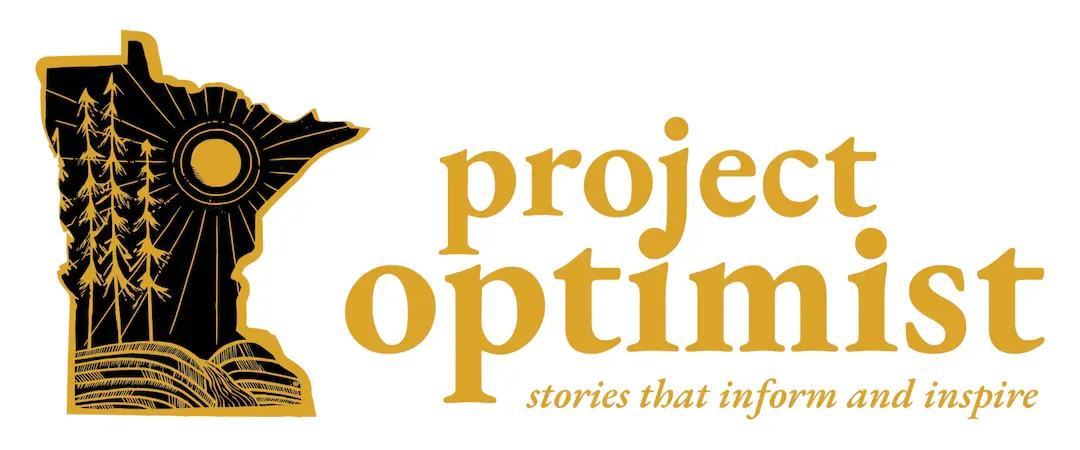How and why to start your health care directive
Experts share insights and recommendations on where to start the advance planning process.

Every adult Minnesotan needs a health care directive, even if you just turned 18 today, according to experts in advance care planning and end-of-life care.
A 2017 metanalysis published in HealthAffairs found that about 37% of American adults have an advance care directive and 29% have living wills. That leaves more than 210 million American adults vulnerable in a serious medical emergency.
Project Optimist spoke with Heather Thonvold, executive director of Honoring Choices, and Linda Allen, executive director of Quiet Oaks Hospice House and Respite Care in St. Cloud, for more information on advance care planning and how it works.
Sign up for Project Optimist's newsletter
Solution-focused news, local art, community conversations
It's free. No spam. Unsubscribe anytime.
Why you need a health care directive
Advance directives are end-of-life plans, and a key component is a health care directive. Health care directives dictate what a person wants their medical care and end-of-life care to look like if they can’t speak or communicate their preferences, Thonvold said.
They’re important because life is unpredictable.
“If, for whatever reason, you find yourself in a situation – there is an accident or an illness or something where you can't make medical decisions for yourself – it's really important that your health care team knows who should we talk to in the event that that you're not able to make those decisions for yourself,” Thonvold said.
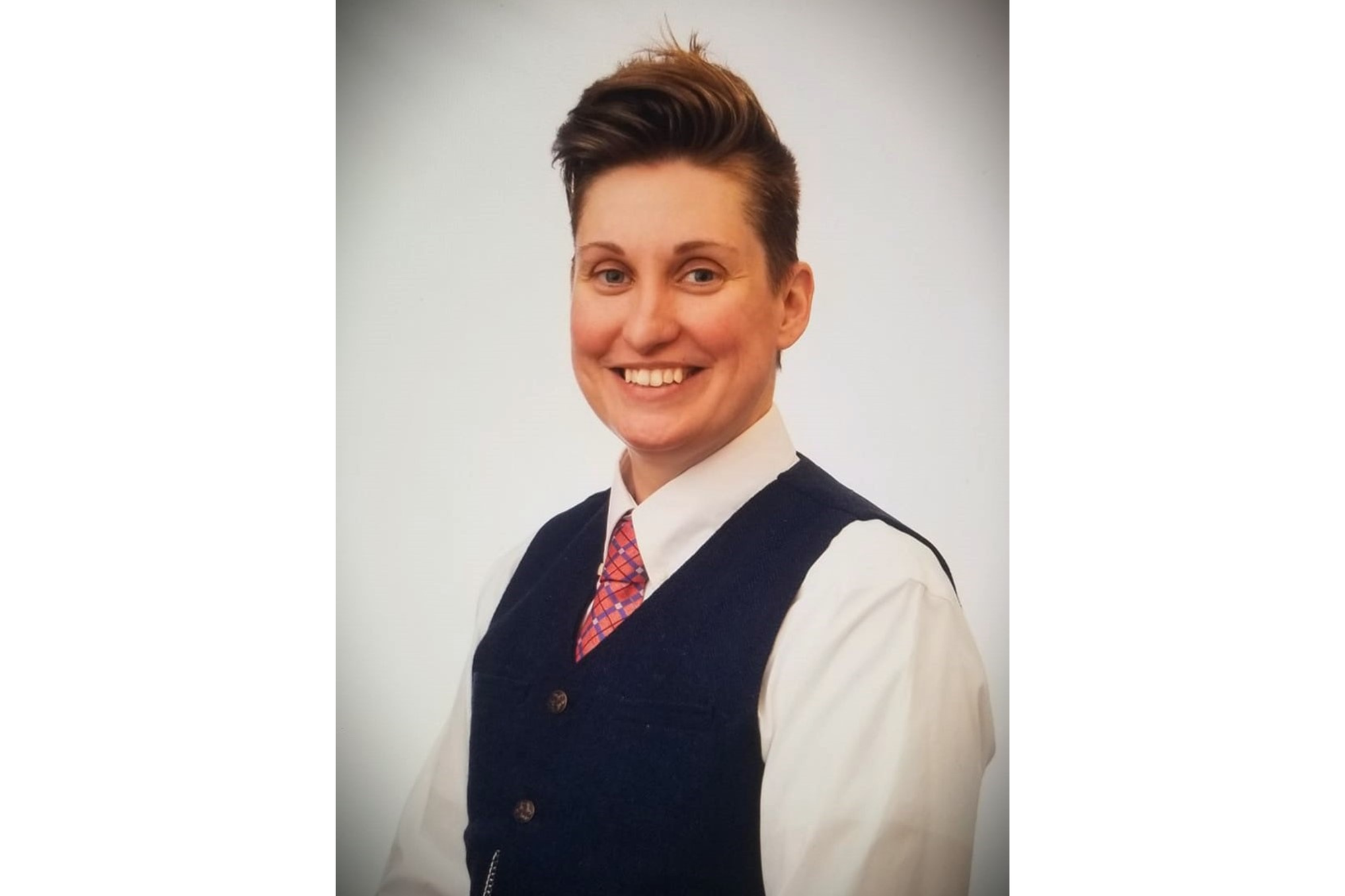
Allen agreed.
“When we're young, we think it'll never happen to us, but we've had 18-year-olds in hospice,” Allen said.
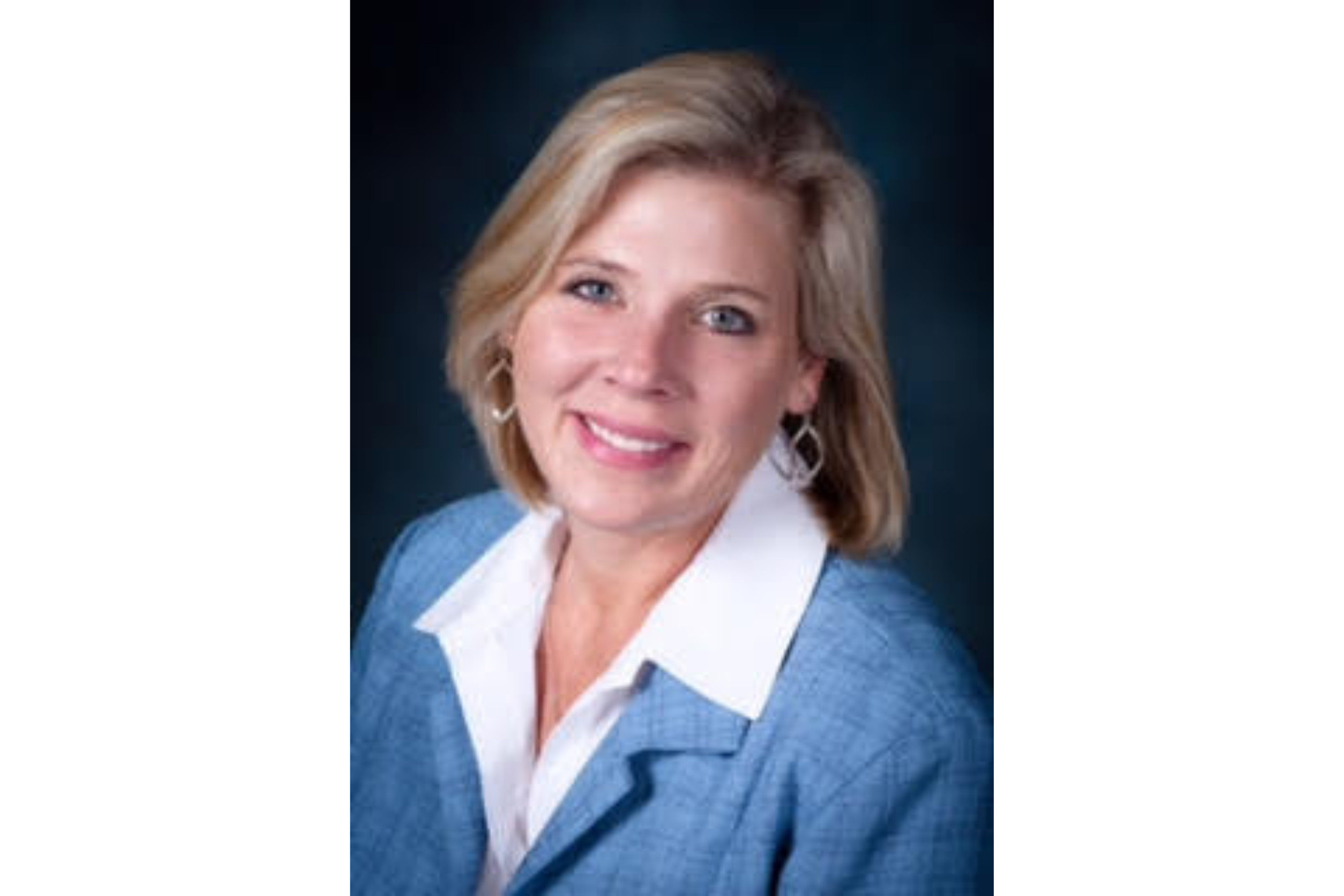
If you don’t choose who will make those health care decisions for you, the state will, Thonvold said.
For an adult who is not married, for example, authorities would consult their parent.
“Their parent may be the default decision maker, and they may or may not have a relationship with that person,” Thonvold said. “That may not be the person that they want making those choices for them.”
Where to start
Talk to your medical provider
Your doctor or medical provider can offer important information and answer your questions, Thonvold said.
“Just having a conversation with your medical provider is a really good place to start,” Thonvold said. “They may have some really good insights about maybe things that may be a good idea for you to think about based on your individual medical history.”
Who will be your health care agent?
You should also have conversations with the people closest to you.
Allen advised people to seriously consider who they want their primary and alternate health care agents to be. A health care agent needs to be someone who will advocate for you and make sure your wishes are followed, even when it’s hard, Allen said.
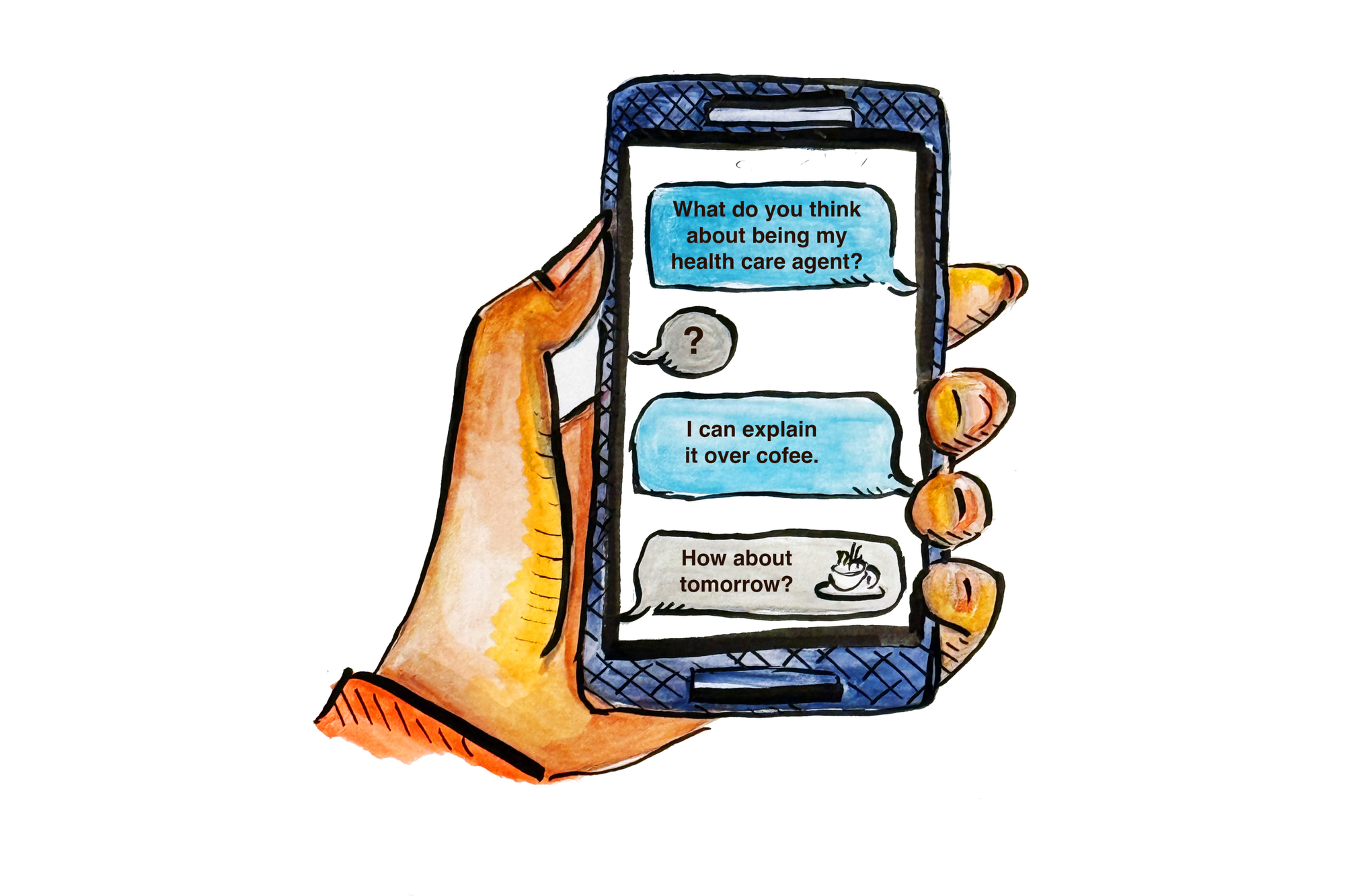
That person might not be your spouse, your child, or your parent, Thonvold said.
“I've had folks say, ‘You know, I'm married, and my husband is a wonderful person, but he is really not good in stressful situations, so I get to have my health care agent be my sister or my brother,’ or whoever that ends up being,” they said.
Get the documents
Honoring Choices is a nonprofit organization dedicated to helping adults in Minnesota with advance care planning.
The organization has a short form health care directive on its website that is a good place for young people to start, Thonvold said. The paperwork is two pages long, and consists of two main parts:
- A section for you to designate a primary and an alternate health care agent,
- And an optional section where you can list any values, beliefs, or wishes you have about medical treatment.
 Project OptimistNoah Beardslee
Project OptimistNoah Beardslee
They also have a long-form document that is more detailed. It includes areas for you to make decisions about specific situations such as
- CPR,
- treatments to prolong your life,
- organ donation, and
- autopsy.
It also asks a series of questions about what matters to you, including things that will bring you comfort, your religious affiliation if you have one, and more.
Take some time to reflect
Allen suggested people look over the documents and think about what they want the end of their lives to look like.
“One of the things we do here at Quiet Oaks is we use aromatherapy in the rooms. Well, what if we have a diffuser and we're pumping in the smell of lavender but you don't like it, but you haven't been able to communicate or tell anybody that. What good is that? It might be something that's counterproductive to you,” Allen said. “Your health care directive could talk about your favorite scents. It could talk about your favorite music: What's on your playlist? Do you like to have massage? Would you like someone to massage your legs or feet?”
Sign those papers
Once you’ve thought about the questions and filled out the forms, Thonvold said the next step is to have them signed by two witnesses or notarized. This needs to happen for the forms to be legally valid, they said.
Honoring Choices hosts in-person and virtual drop-in sessions where volunteers can act as witnesses or notarize documents, Thonvold said.
You can also set up an appointment with your local city clerk, your local bank, and maybe even your local library to have documents notarized, which is typically free of charge. You can also use the “Find A Notary” search on the Minnesota Secretary of State’s website to find someone in your city or county.
 Project OptimistJen Zettel-Vandenhouten
Project OptimistJen Zettel-Vandenhouten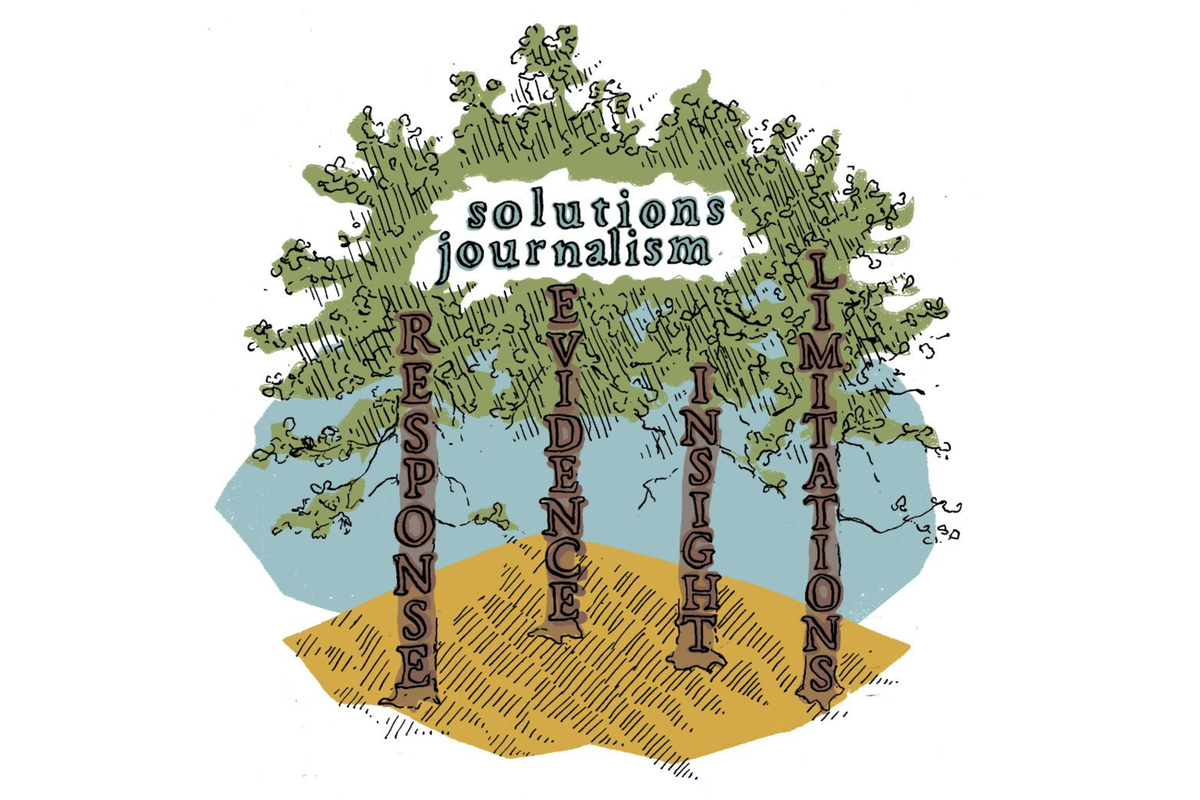
Make copies, talk about it
Once the documents have been signed by witnesses or notarized, make copies and give them to your health care provider and the people listed as your health care agents.
If you receive medical care in different health care systems, like Aspirus St. Luke’s and Essentia Health for example, you should make sure both health systems have copies of your advance directive.
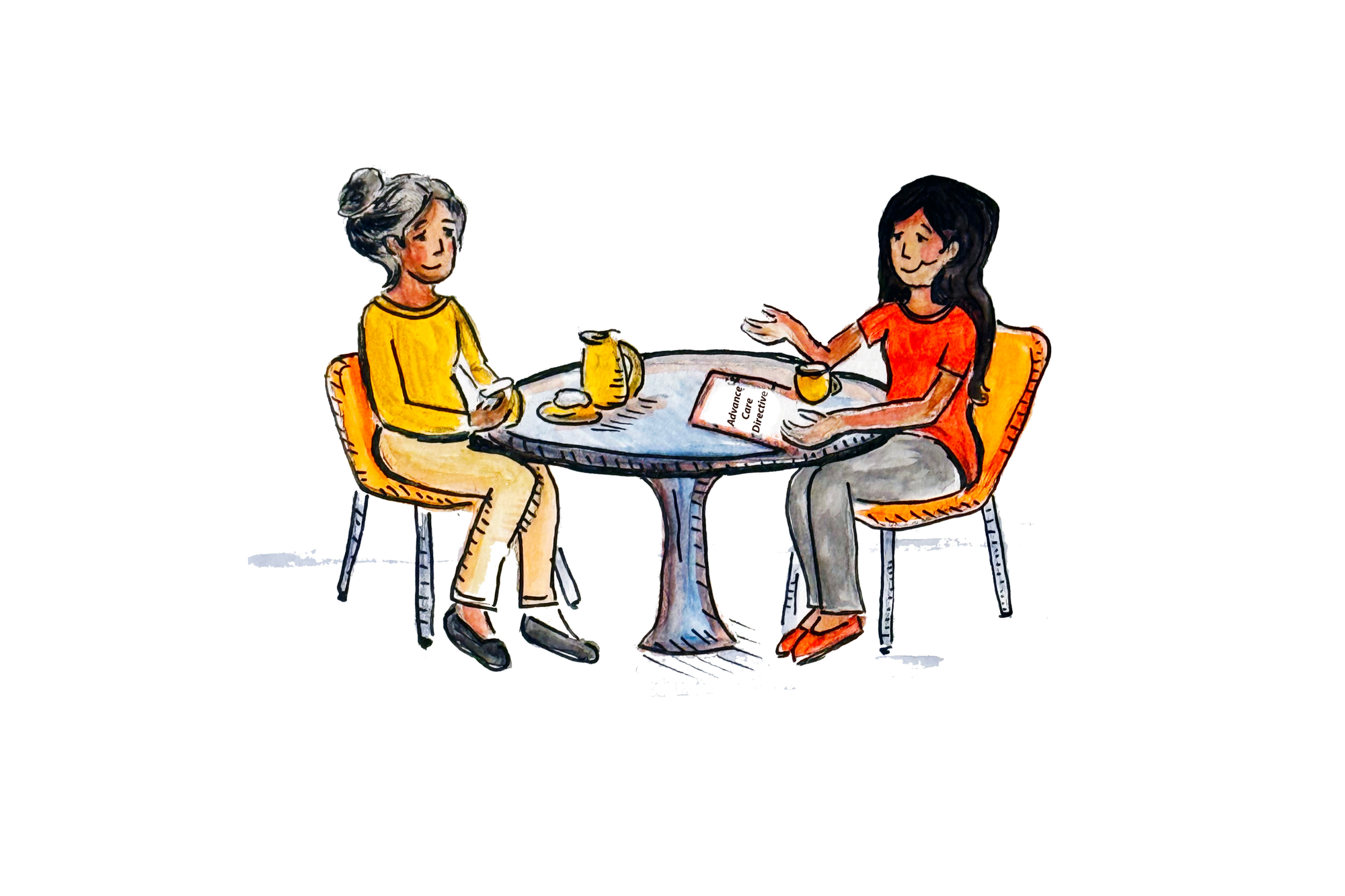
Be sure to sit down with your loved ones and go over your wishes so they can ask you questions.
When Allen’s mother asked her to be her health care agent, Allen agreed, but said she wanted her mother to speak with her and her sisters about her advance care planning.
“I wanted everything she wanted to be heard by them and me at the same time, because three people can hear the same thing, but that doesn't mean we all accept or understand it the same way,” she said. “It gives us an exchange for asking questions.”
Update the documents
Allen recommends people look at this document annually after they have a physical or at least once every 10 years; after a big life event like marriage, the birth of a child, or divorce; and after they are diagnosed with a new health condition.
Advance care directives are not set in stone, Thonvold said. People should think of them as living documents that change as we age.
“You don’t want an outdated document speaking for you in the event that you can’t speak for yourself,” they said.
This story was edited and fact-checked by Nora Hertel.
It is part of Project Optimist’s series on End-of-Life planning. The series is supported by a grant from the Morgan Family Foundation.
